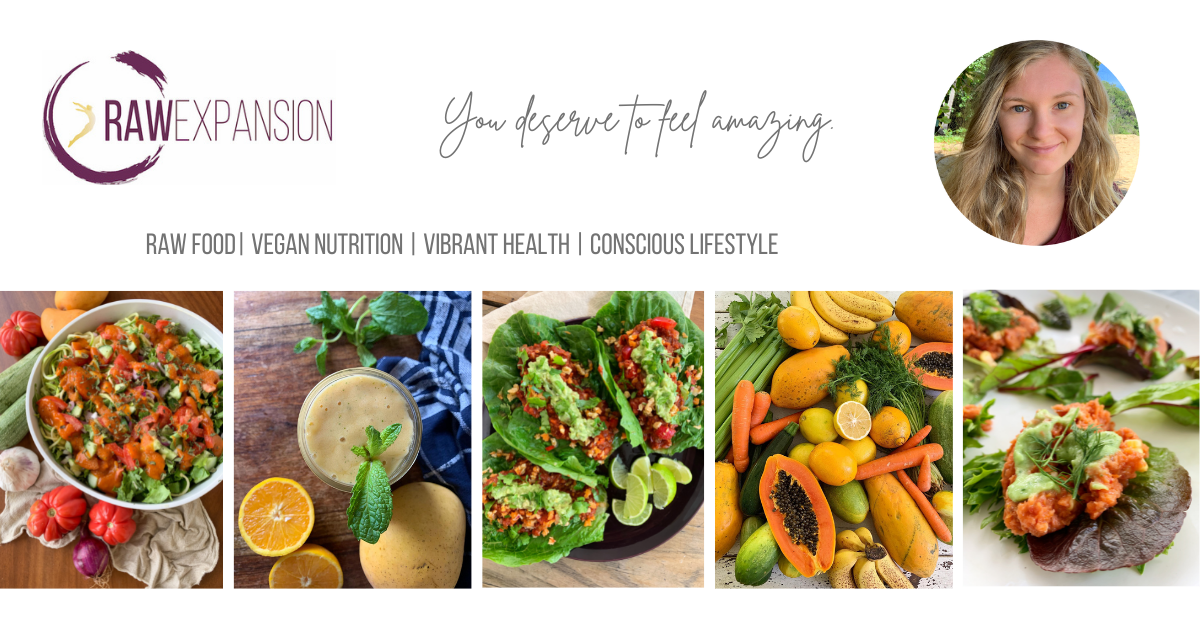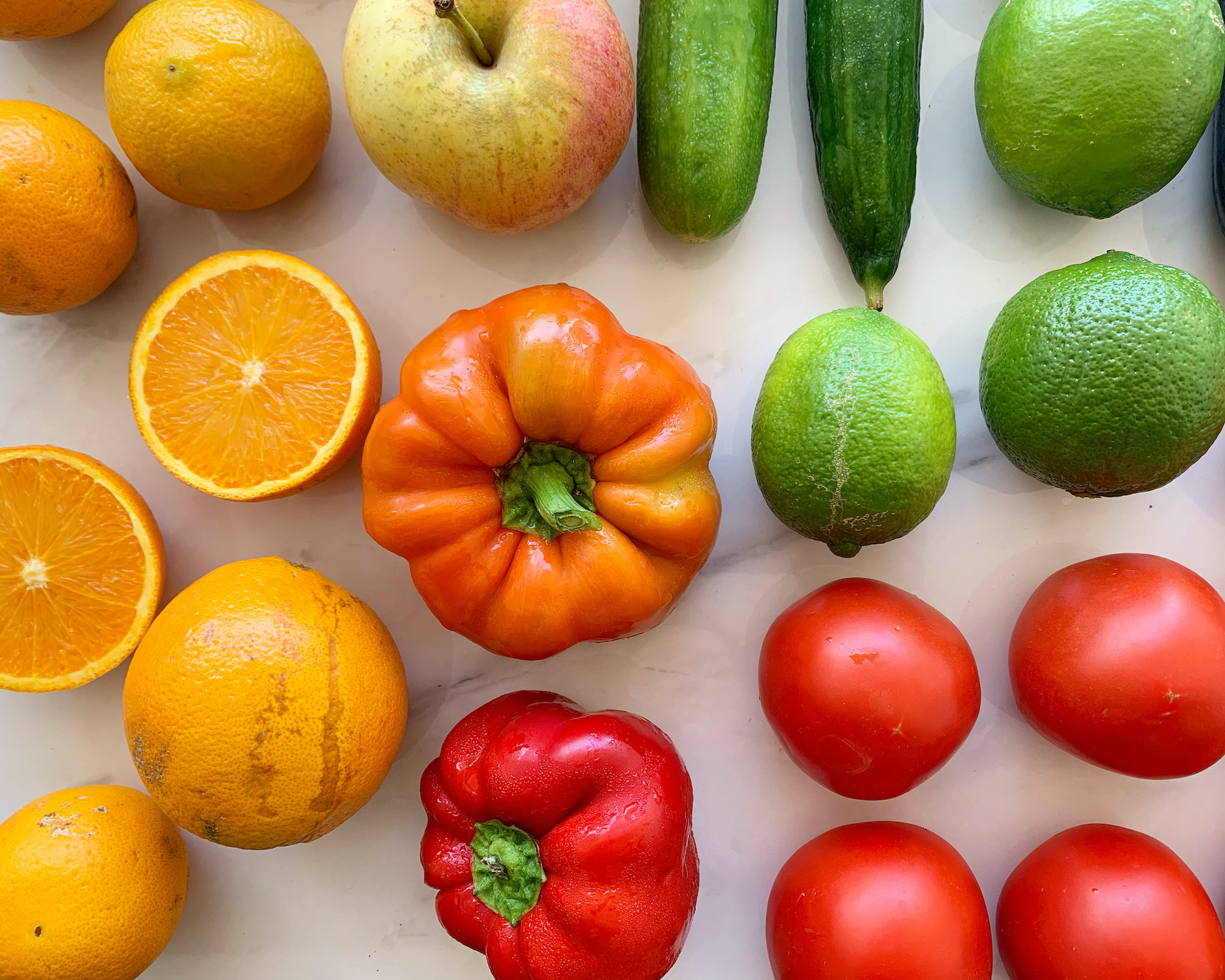First of all, for me, buying high-quality foods is not just an expense but a powerful investment in my health.
Feeling great in my body is a priority for me and I know from experience that the food we eat is one of the biggest factors in that equation. Everyone has different priorities and goals in their life, which I absolutely respect. I would simply love to invite you to reevaluate if the way you use your money is aligned with your own priorities and actually helps you to create the life you strive for.
Why buying organic?
Since we usually 3-5 meals a day, the quality of our foods and their purity makes a big difference to our health power. Conventional produce is often heavily contaminated with pesticides, herbicides, fungicides and other toxins which feed pathogens in our body and hinder us in reaching better health. Organic produce on the other hand can greatly reduce the risk for such toxins and gives us a stronger support to combat health challenges.
Is it really organic?
Within the standards for certified organic lables, there is still a certain amount of toxins allowed to use. Apart from that, I personally don't put my full trust in those labels but I do trust the people I buy from. Nevertheless, if it's labeled organic, chances are much higher that it's less contaminated and healthier.
So what I usually do is buy my organic produce on farmer's markets where you have a direct link to the farm and get to know the people that stand for it, ask them about their practices and make your mind up about their values around natural farming. We can never be sure, unless we grow it ourselves - yet there are ways like this to better understand where our food is coming from and how it was grown.
What if I don't have the budget?
Availability, prices and quality of organic produces varies greatly between different locations. If you simply don't have the means to get your hands on full organic foods - here are a few guidelines to help you find your compromise.
As a rule of thumb, leafy greens and herbs should better be bought organic. The same goes for any foods you won't peel like tomatoes, bell pepper, strawberries, raspberries, grapes. If you buy foods like apples, cucumber, zucchini or carrots in conventional form - better peel them to at least get rid of the toxins on the surface. Some foods that are safer to buy conventionally are avocado, citrus fruits, melons, blueberries and tropical fruits like mango, papaya, bananas. (recommendation by Anthony William)
I usually buy 90% of my food organic and only a few things I can't get organic or that are too expensive I choose conventional alternatives. At the end, always wash your produce carefully (organic or not) before eating them.
How can you wash your produce properly?
When foods are treated with pesticides, herbicides, fungicides and others, they are usually contaminated by taking up the toxins through the roots (systemically) and on the surface by spraying the toxins. If we buy conventional produce, it is therefore especially important to wash our food to at least greatly reduce the contamination on the surface.
When washing conventional fruits or veggies, I usually soak them in warm water with a bit of natural soap (e.g. Dr. Bronner) for 5-15min while rubbing them with my hands. I then properly wash off any residues with tap water and rinse them with filtered water another time.
At the end, your food choices are an investment in your health. Your health is an investment in your dream life - when we feel good in our body, everything else can fall into place so much easier.
I hope these tips are helpful to make more confident decision when buying conventional or organic produce!
Enjoy your day,
Anais


!PIZZA
PIZZA Holders sent $PIZZA tips in this post's comments:
@tygertyger(1/15) tipped @rawadventuress (x1)
You can now send $PIZZA tips in Discord via tip.cc!
Thank you ;)